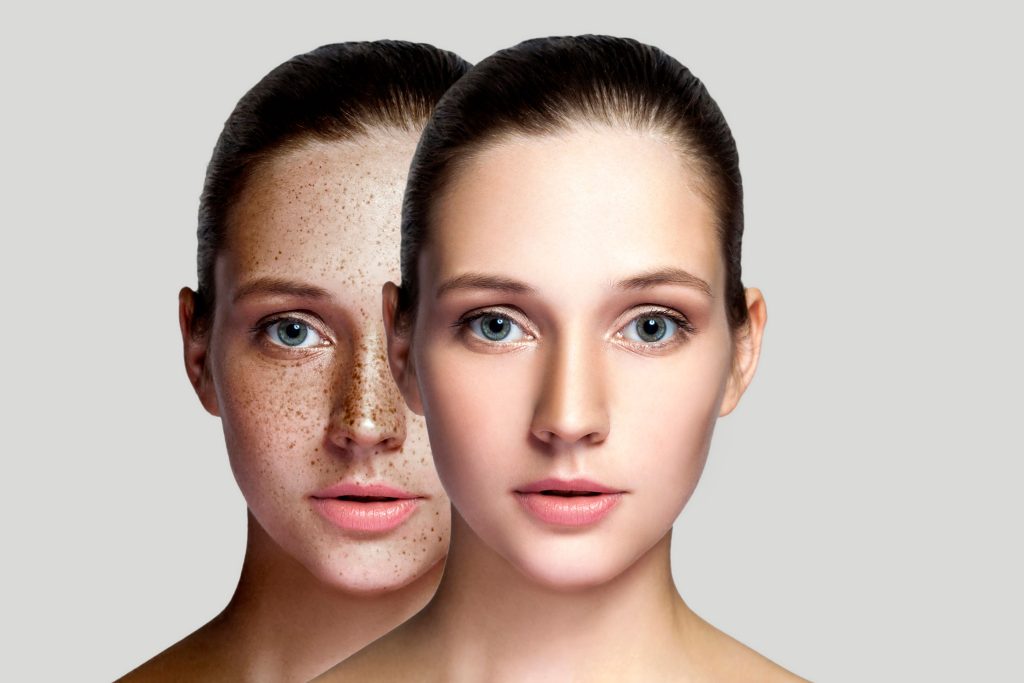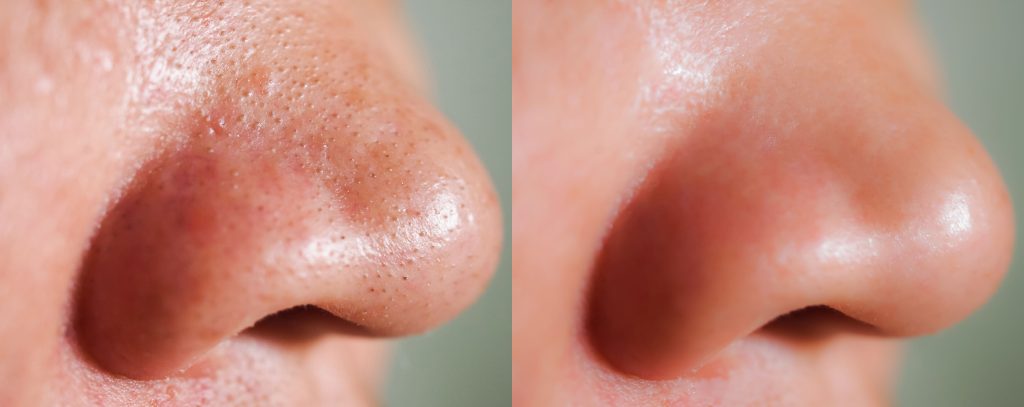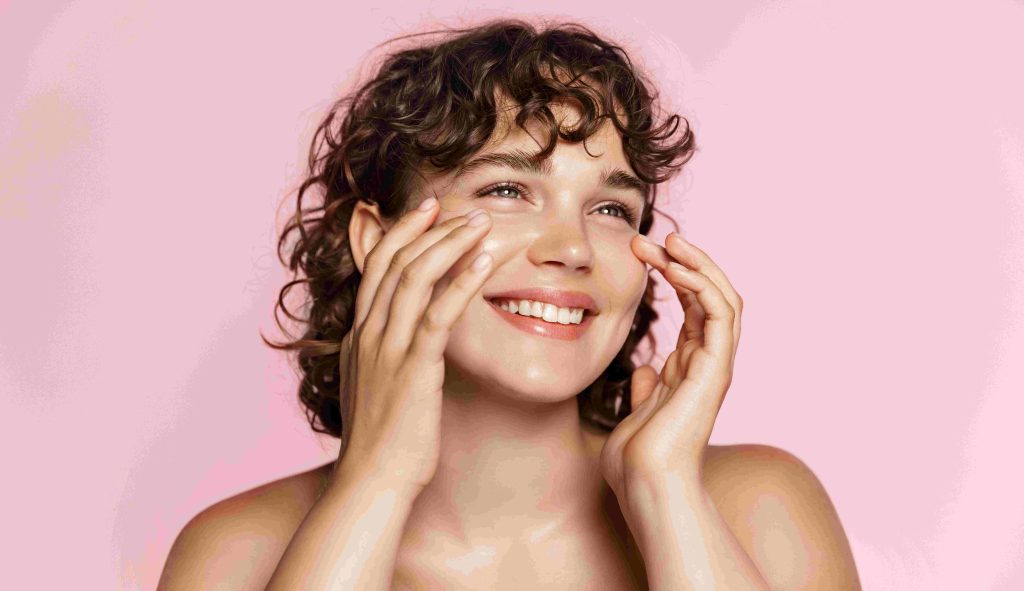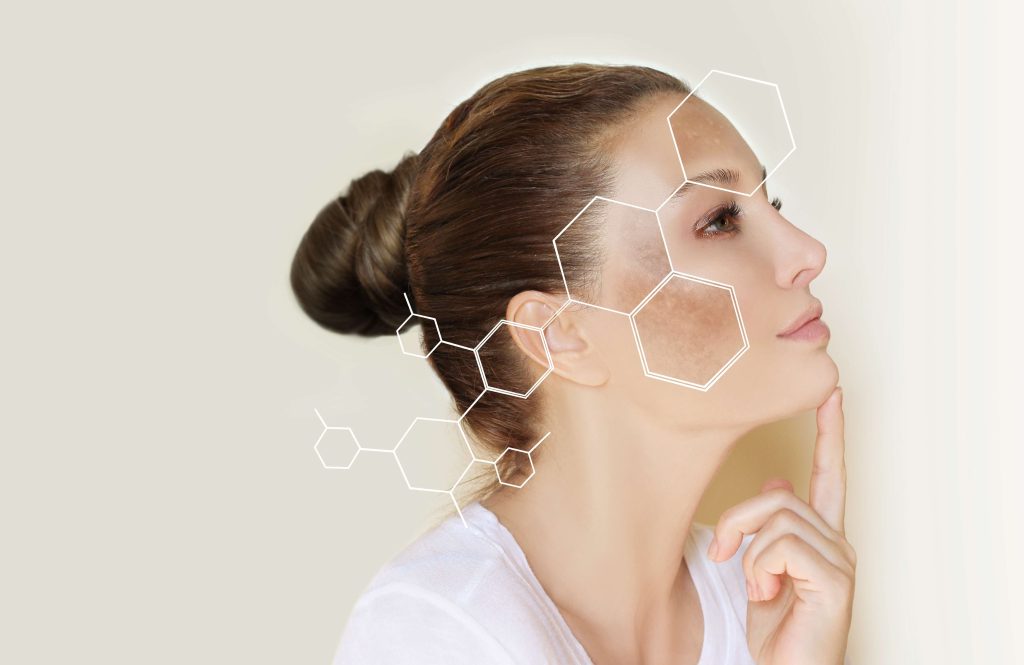Azelaic Acid: Everything You Need to Know
Onskin Content Team
Your guides through the skincare chaos

Azelaic acid is an incredible skincare ingredient found naturally in grains like rye and barley. It’s also produced by yeast that’s part of our skin’s natural microbiome.
Wondering why you should care? Azelaic acid boasts so many skin benefits (and likely a cancer-preventing potential), it’s almost easier to list what it doesn’t do. Its popularity has skyrocketed in recent years, with search volumes growing by 500%.
Curious about all the hype and whether learning about azelaic acid is worth your time? You’re about to find out!
Quiz: Is Azelaic Acid Right for Your Skin?

Wondering if azelaic acid should be part of your skincare regimen? Take our quick quiz to find out if it matches your skin concerns!
Question 1: How would you describe your skin tone?
- Even and uniform
- Some areas are darker than others
- Noticeable dark patches or spots
Question 2: What’s your experience with breakouts?
- I rarely have breakouts
- Occasional pimples
- Frequent breakouts with varying severity
Question 3: Do you have rosacea or experience frequent redness and sensitivity?
- No, my skin is rarely red or sensitive
- Sometimes I notice redness
- Yes, I’ve been diagnosed with rosacea
Question 4: How would you describe the overall appearance of your skin?
- Bright and vibrant
- Occasionally dull
- Frequently looks tired or dull
Question 5: How visible are your pores?
- Barely noticeable
- Visible up close
- Clearly visible at a normal distance
Question 6: Do you struggle with blackheads or whiteheads?
- Rarely or never
- Sometimes
- Often, it’s a recurring problem
If you answered C or B to one or more of the questions, azelaic acid is likely a great match for your skincare needs! It can address multiple concerns like hyperpigmentation, persistent acne, rosacea, and more. Consider incorporating azelaic acid into your routine for better skin health.
Mostly As: Azelaic acid might not be necessary for your skin concerns right now. However, it can still offer preventative benefits and maintain your skin’s health.
Now, let’s look into what azelaic acid is and how and why it works!
What Azelaic Acid Is
Azelaic acid is a pretty small and simple-structured, naturally occurring, non-toxic organic acid. Plant cells use it as an extremely effective defensive weapon against bacteria and as a signal molecule regulating immune reactions. In healthy human skin, it’s naturally produced by yeast present in our skin microbiome.
Why Azelaic Acid Stands Out in the World of Skincare Ingredients

Azelaic acid is definitely one of the MVPs of skincare. Precious few ingredients can boast efficacy in more than one chronic skin condition and have solid evidence to back it up while azelaic acid has proven effective in treating rosacea, acne, and hyperpigmentation!
What’s more, azelaic acid plays nicely with other skincare ingredients. It effortlessly blends into your routine, no matter what else you’re using. Plus, it’s very stable and not sensitive to UV light so you can use it whenever, day or night.
And here’s a bonus: it’s gentle enough for all skin types, including those with sensitive skin or rosacea, safe for expecting and nursing moms, and can be used long term too! Does it get any better? We don’t think so.
What Does Azelaic Acid Do?
Oh boy, like we said, it’s almost easier to list what it doesn’t do. Here are the main effects of azelaic acid that our skin can benefit from big time:
Antibacterial properties
Azelaic acid is one of the naturally evolved weapons against bacteria. It’s super effective, harmless for the surrounding tissues, non-toxic, and bacteria never become resistant to it!
Anti-inflammatory
In nature, azelaic acid acts as a signal molecule in various immune reactions, which probably explains its ability to suppress the production of numerous inflammatory agents in human skin. Multiple studies have shown that azelaic acid has strong anti-inflammatory properties.
Antioxidant
Azelaic acid helps protect your skin by catching and neutralizing harmful molecules called free radicals. It also stops certain white blood cells (neutrophils) from producing other damaging molecules known as reactive oxygen species.
Downregulates Melanin Production (Prevents and Treats Hyperpigmentation)

Studies have shown that azelaic acid is a tyrosinase inhibitor. This might sound a bit like gibberish but let us explain. Tyrosinase is an enzyme that is responsible for melanin production. Sometimes, due to inflammation or UV-exposure, tyrosinase can become a bit overenthusiastic. As a result, we get dark spots in random places and it’s rarely flattering to our appearance. Azelaic acid is super good at putting a brake on this process which helps prevent hyperpigmentation and even reverse it.
Slows down keratinization
As we age, natural exfoliation slows down and the keratocytes layer becomes thicker. This gives the skin a dull, tired look. Plus, keratin buildup can cause clogging of your pores which leads to blackheads and acne. Azelaic acid helps slow down the overgrowth of keratin-producing cells and acts as a mild exfoliant smoothing the surface of the skin and giving it a glowing look.
Regulates Sebum Production

Azelaic acid has also proven to reduce the effects of androgens on the skin, meaning it will reduce oiliness in people suffering from hormonal acne (meaning in pretty much everyone with acne!).
Potential Cancer Treatment
Amazing as they are, the skin benefits of azelaic acid aren’t all it has to offer. Multiple studies show that azelaic acid has a huge potential as a cancer treatment that can fight certain cancer cells without harming normal cells! It stops the growth of tumor cells by targeting their energy production and DNA-making enzymes. In studies, it has even reduced melanoma in humans and mice.
What Skin Conditions Can Azelaic Acid Help You with?

Works Miracles for Acne-prone Skin
Azelaic acid is a super soldier in our battle against acne addressing the problem from multiple sides:
- Reduces and prevents pore clogging.
- Kills off acne-causing bacteria.
- Reduces inflammation.
- Reduces sebum production.
- Prevents post-acne dark spots (due to tyrosinase inhibition).
This comprehensive anti-acne combo helps reduce their number and severity and ensures that they don’t leave a memorial behind in the shape of a post-acne spot. To top it off, azelaic acid is very gentle and well-tolerated compared to most anti-acne ingredients.
Hyperpigmentation and Melasma

Because of its ability to block tyrosinase, azelaic acid is very effective in the prevention and treatment of hyperpigmentation. This study has found that azelaic acid was just as efficient as the FDA-approved hydroquinone. What’s more, hydroquinone can’t be used long-term due to potential side effects like bluish-black discoloration of the skin and contact dermatitis, while azelaic acid can be used indefinitely.
Rosacea
Azelaic acid is one of very few topical treatments that are FDA-approved for treating rosacea. Inflammation is known to be the lead mechanism of rosacea pathogenesis and azelaic acid with its anti-inflammatory properties can work wonders for skin with rosacea.
Enlarged Pores and Blackheads
If these are your skin concerns, azelaic acid can become a game-changer for you. As we’ve discussed in this post, the most common cause of enlarged pores and blackheads is excessive sebum production, and azelaic acid can not only reduce the oiliness of the skin but also kill off bacteria that tend to grow inside a clogged pore and reduce the inflammation that accompanies this process.
FAQ
-
Where do I start with OnSkin?
Download the app and think of a product you’d like to know more about. Then, go to the main screen and choose how you’d like to get the info —by manually looking it up in the search bar, by scanning its barcode, or by simply taking a picture of the packaging. Once you’ve done any of these, you can see how safe the product is and if it suits your skin or hair (if this analysis is available).
-
What is Safety Rating, and how is it calculated?
In OnSkin, we base product rates on ingredients. Each is closely studied by our medical team and then evaluated. This way, each product gets a score from 0 to 100, with 100 as the safest level.
Safety Levels
- Excellent (76–100)
- Good (51–75)
- Not great (26–50)
- Bad (0–25)
These scores are backed by the latest scientific studies. You can find links to the resources we’ve used on each ingredient page. To assess the safety of product ingredients, we evaluate them according to the following parameters/criteria
- Endocrine disruption risk / Reproductive toxicity
Indicates the probability of mimicking, blocking, or interfering with the body hormones.
- Сarcinogenicity
Measures the potential risk of inducing cancer.
- Allergy risk
Estimates the probability of an allergic reaction.
- High concentration alert
Determines the risk of being unsafe in certain amounts.
-
What is Skin Match?
Based on the info you input about your skin type, age, skin care goal, and other “settings,” OnSkin checks how well a product is tailored to your unique skin needs — it’s basically like a dermatologist helping you find the right products, minus the fees and the long wait. The product you’re checking might be labeled as It’s a match!, Hit-or-miss, or Not a match for you. The app also detects ingredient groups such as Anti-acne, Anti-inflammatory, Moisturizes, May be drying, Comedogenic, and others — by tapping one, you see exactly what ingredients from this or that group are in the product.
-
I seem to have a problem with using the app. Who should I contact?
Please reach out to us at [email protected], and we’ll carefully look into your issue. Your ideas for improving the app are also very welcome!
-
Do you have an Android version?
Not yet! Hey Android users, we hear you, and we're thinking about making an Android version, but we haven't started the development yet.
Tracker Sent!
It’s on the way to your inbox.




